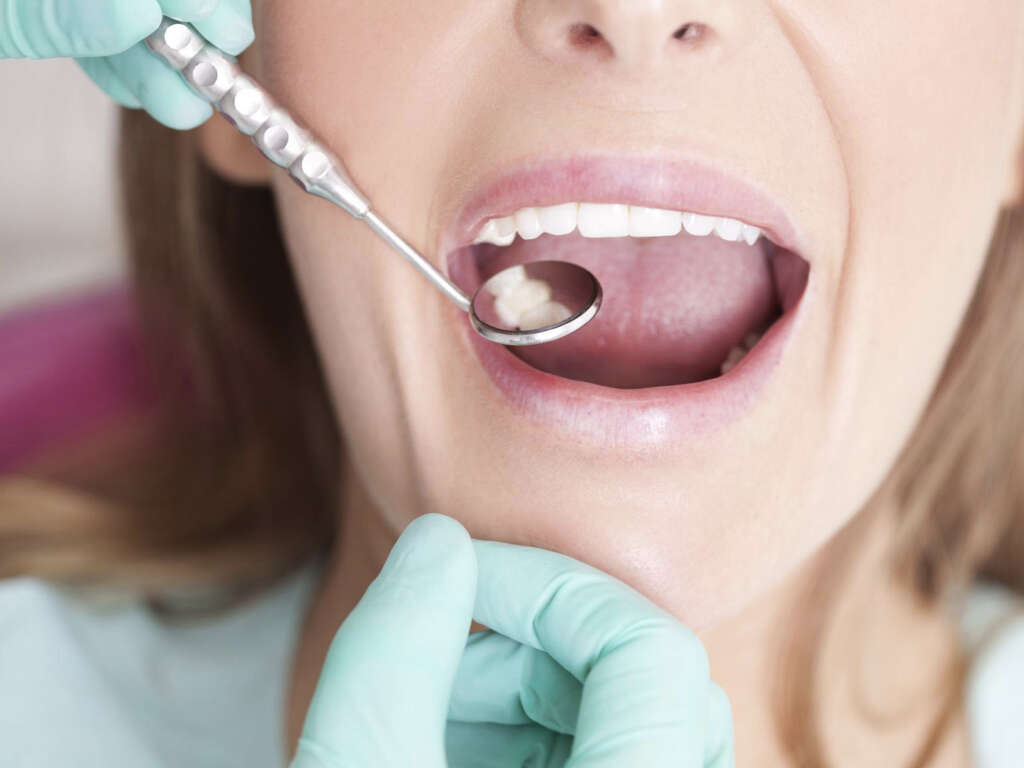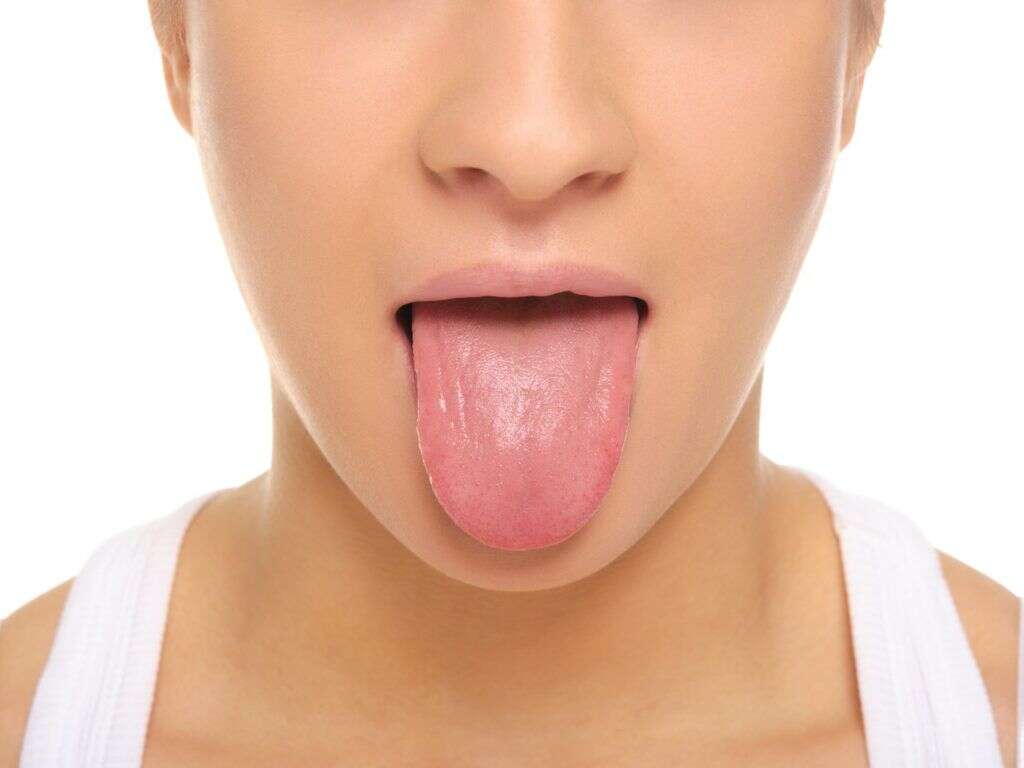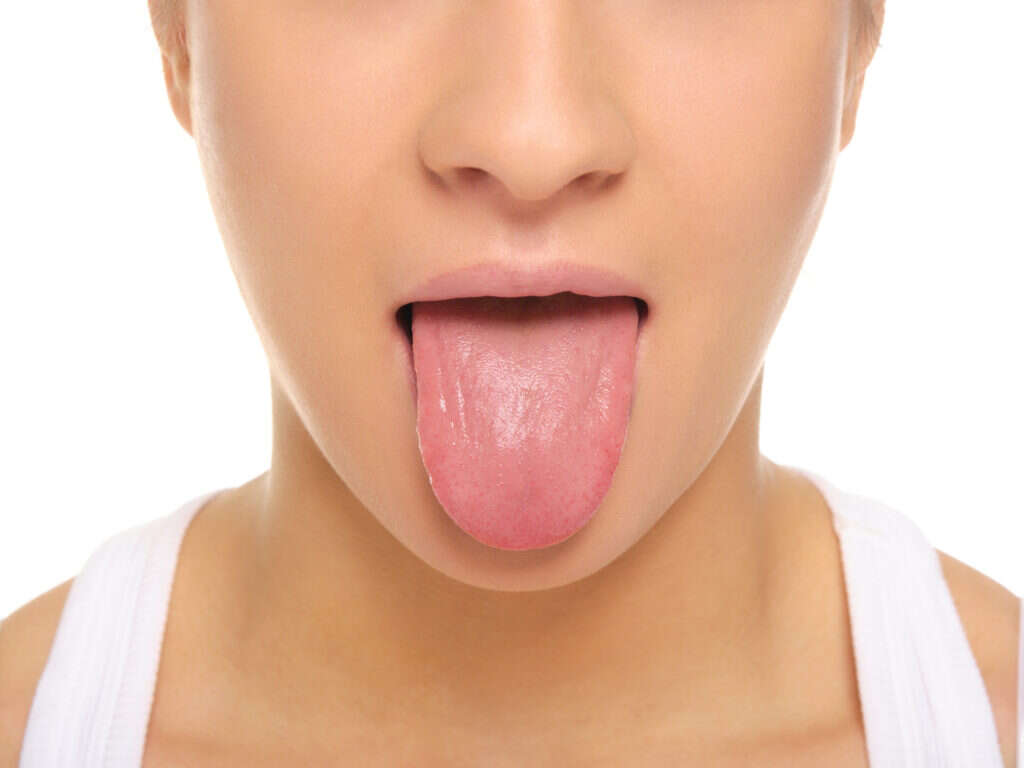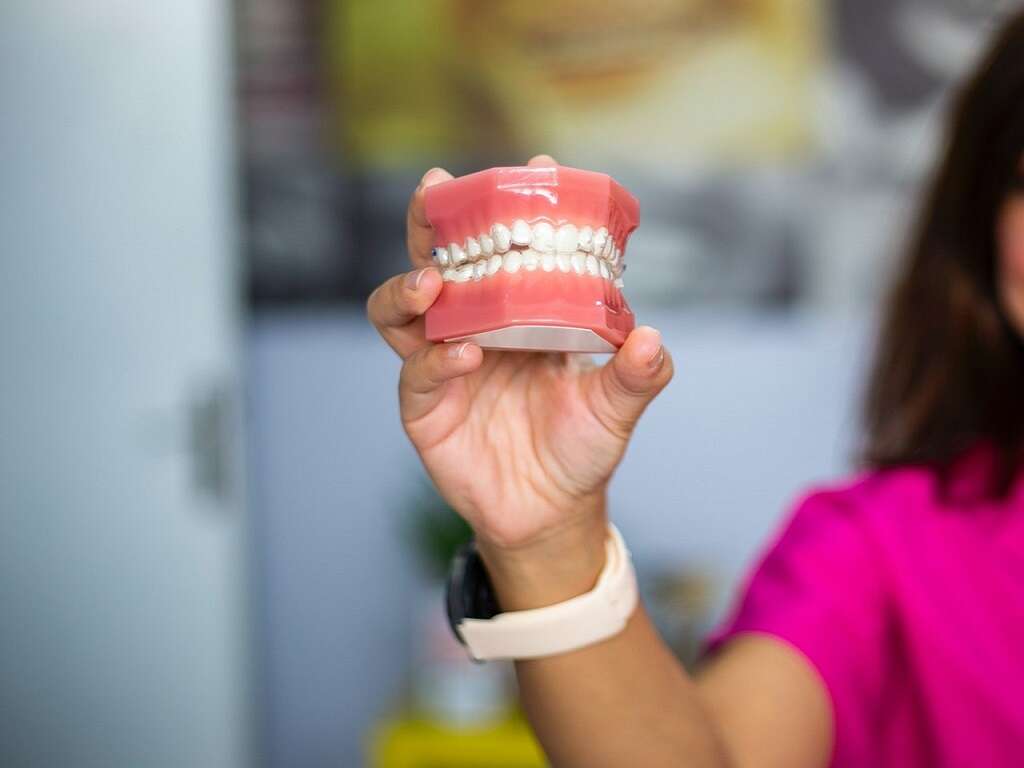What Is Xerostomia?
Xerostomia is the medical term for a dry mouth, specifically when it’s caused because not enough saliva is produced by the salivary glands. There are numerous reasons for this condition, ranging from injuries and medical conditions, to medical treatments and the overall health of the patient.
A dry mouth can be uncomfortable, and it can also lead to further complications in severe cases. Curing the condition depends on the cause, while it can also be treated to help ease the symptoms. Here’s a closer look at the condition, some of its causes and symptoms, and what can be done about it.
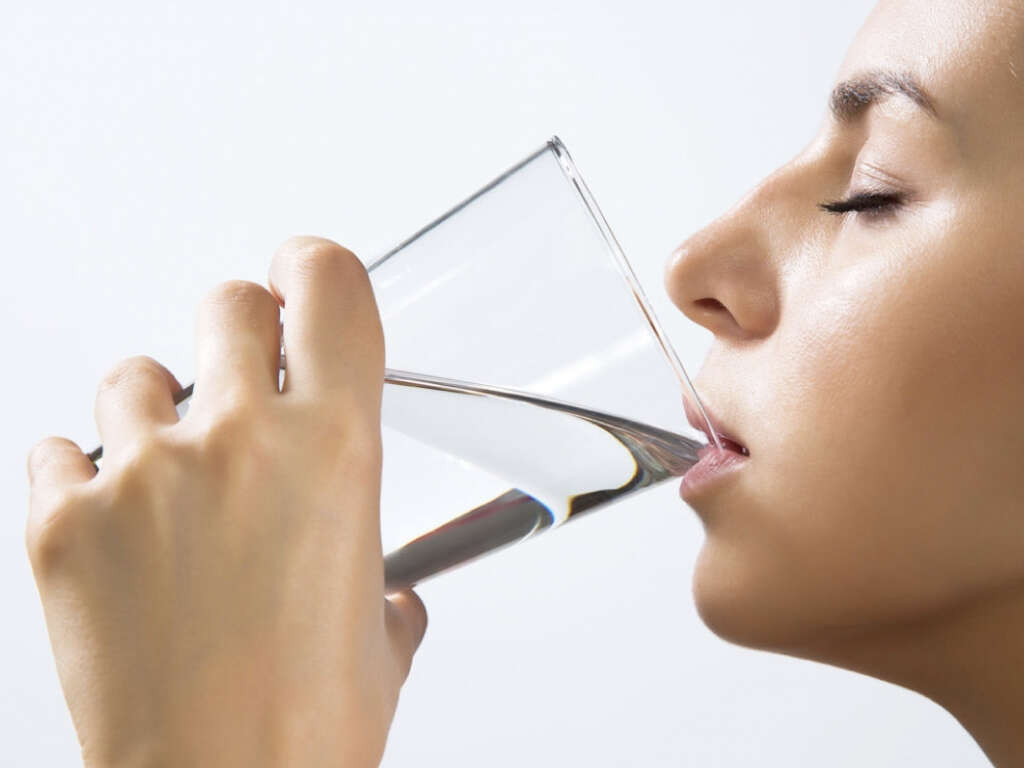
1. Saliva
Saliva is the watery fluid that is found in our mouths. It might be something that can just, quite literally, be spat out, but that does not mean that it has no value to us. Indeed, it actually performs some very important functions for us. One of these is that it helps to soften our food in the process of mastication.
Saliva also helps to limit the build up of bacteria in the mouth because it is slightly antiseptic, while it also helps to wash away food particles that might encourage a buildup of bacteria. It even enhances our sense of taste, making our food to taste so much better.

2. Dry Mouth
Our mouths are naturally very wet, obviously thanks to the saliva in them. The saliva is secreted by glands in the mouth that help to ensure that there is always plenty. If there was a lack of this saliva, however, then, this can cause a number of problems for the patient.
Such is the importance of saliva to us that our health can be impacted in a number of ways. That, and it can also feel quite uncomfortable. Therefore, if you did have a persistently dry mouth that fluids cannot fix, you should consider speaking with a medical professional to get to the root of the problem.
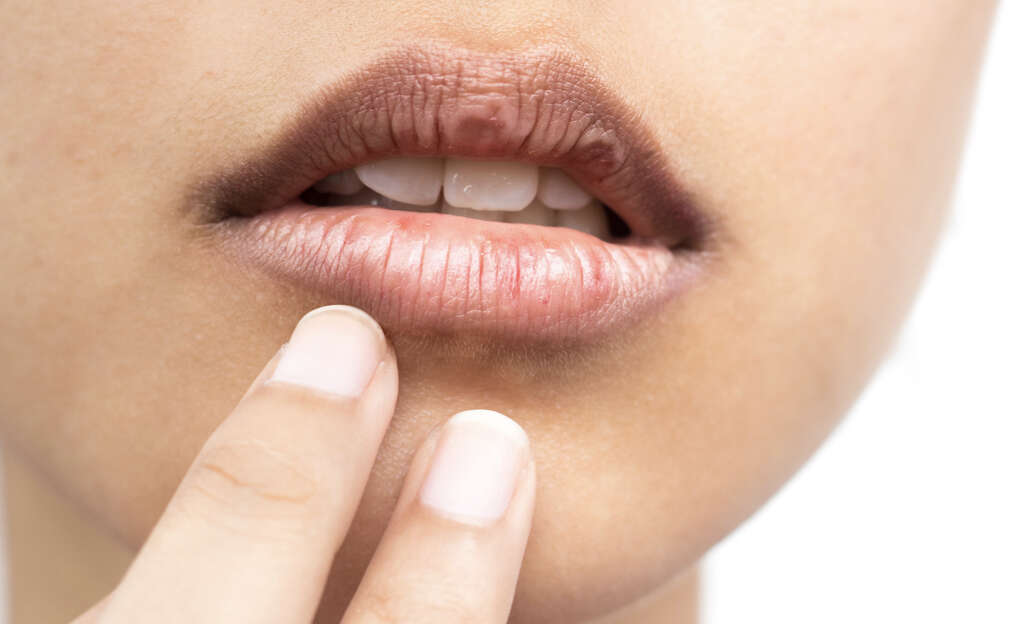
3. Symptoms
The most obvious symptom of a dry mouth is that the patient will feel that their mouth is dry, while it will also often feel sticky. The back of the patient’s throat can also feel dry and hoarse. A lack of saliva will also likely mean that bacteria can build up in their mouth, and this can lead to bad breath and an increased risk of infections.
The patient’s tongue can also become dry and red, and develop a burning sensation. Grooves can also develop on the patient’s tongue. Dentures may also not fit as well as they used to and talking and eating can become a lot more difficult. A dry mouth can also affect the patient’s ability to taste their food.
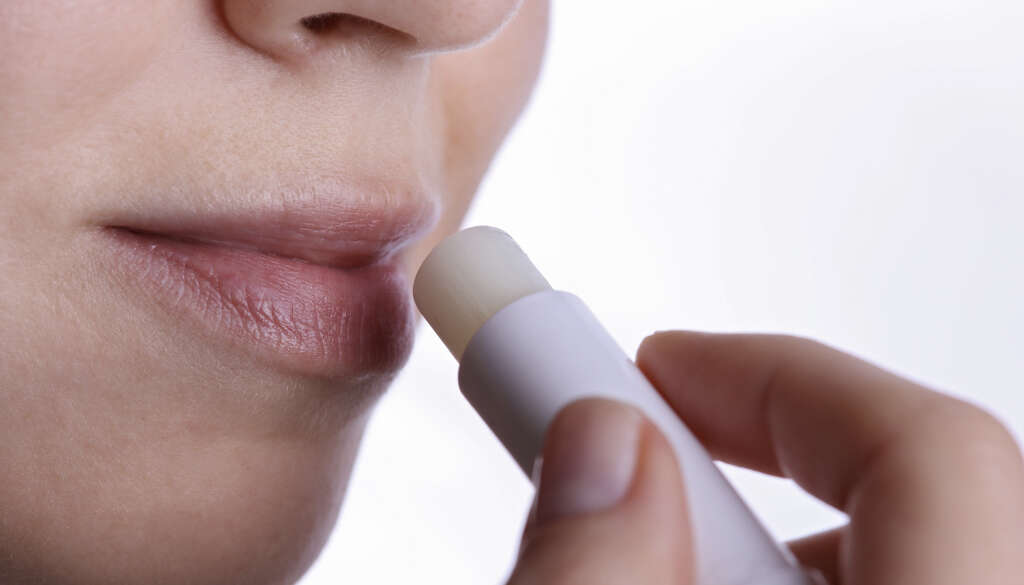
4. Aging
Among the most common causes of xerostomia is aging, and there are several potential reasons behind this. One is that, quite simply, our bodies become less effective and work less efficiently as they did when we were young. This can mean that less saliva is made or that the salivary glands don’t function as well as they should.
Aging people might also not be getting adequate nutrition and they are also more likely to be on medication. Their advancing years can also mean the body is less able to process their medication. What’s more is that older people are also more likely to have certain health conditions that can cause a dry mouth.

5. Nerve Damage
The nerves that run through our bodies have many different functions. They help us to touch and feel, while they also help to regulate certain bodily functions, including things like how much we are salivating. This means that damage to certain nerves in the body might mean saliva isn’t produced/secreted, and this will mean xerostomia.
If you receive a sufficient enough injury to the head and neck area, then you may well end up with a dry mouth. If the relevant nerves are injured then it can also mean that other nerves are injured, so it is a good idea to let doctors know if you have not done so already.
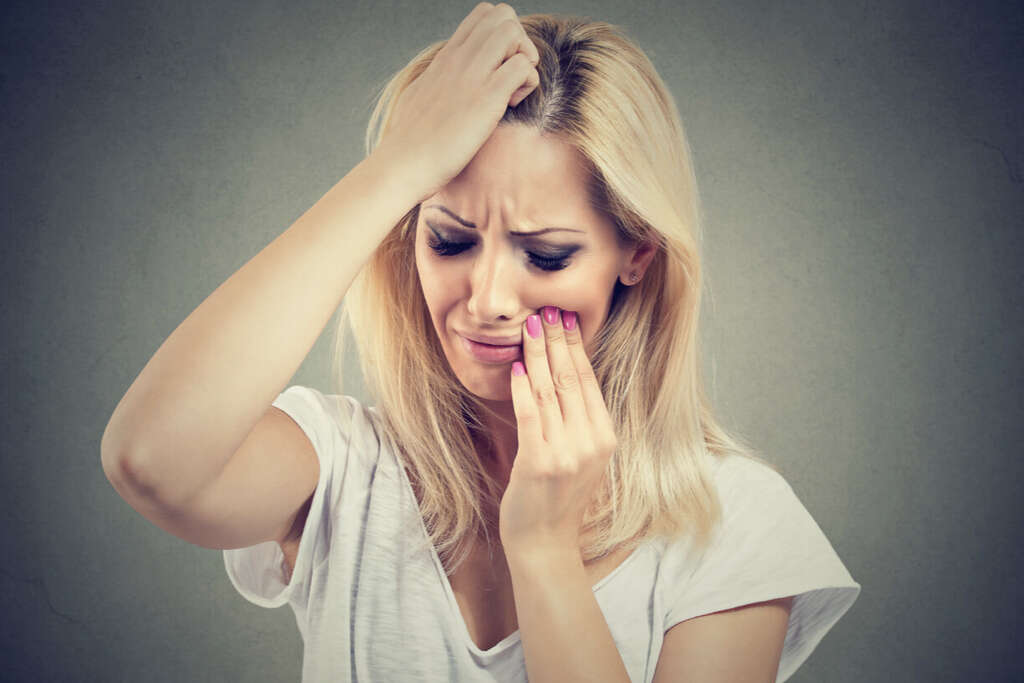
6. Smoking
Smoking can cause a very long list of health problems, one of which is a dry mouth. This means that smoking can be an underlying cause for more serious dental health issues such as infections and tooth decay. Smoking will also affect the body’s ability to heal problems in the mouth.
People that smoke marijuana are also more likely to develop a dry mouth, as are people that use other recreational drugs. Meth, in particular, is known to cause a condition known as ‘meth mouth’, which also causes a dry mouth. Meth mouth can also cause significant damage to teeth as well as harming oral health in other ways.

7. Medication
In addition to recreational drugs, certain medicinal drugs are also prone to causing xerostomia. Drugs that can do this are actually quite common. Indeed, there are thought to be hundreds of varieties that can cause the symptom. Thankfully, the symptoms should be fairly mild and short-lived.
The drugs that are most likely to cause a dry mouth include anti-histamines, which are useful in helping to treat allergies. Drugs that are used to treat a high blood pressure are also likely to cause it, as well as those that can cause depression and anxiety. As always, it is recommended to let your doctor know of any side-effects you are experiencing.

8. Cancer Therapy
Cancer is still among the biggest killers in the world, but we are developing ever more sophisticated and effective ways of dealing with it. While we may not always be able to cure it outright, we can often still treat it. This helps to make the patient a lot more comfortable, and to extend their lives.
Treatments for cancer, like radiotherapy and chemotherapy, can be quite effective. The downside, however, is that they also have some rather unwelcome side effects. One symptom of this is a dry mouth and, in cases of radiotherapy, it may also be permanent in some cases.
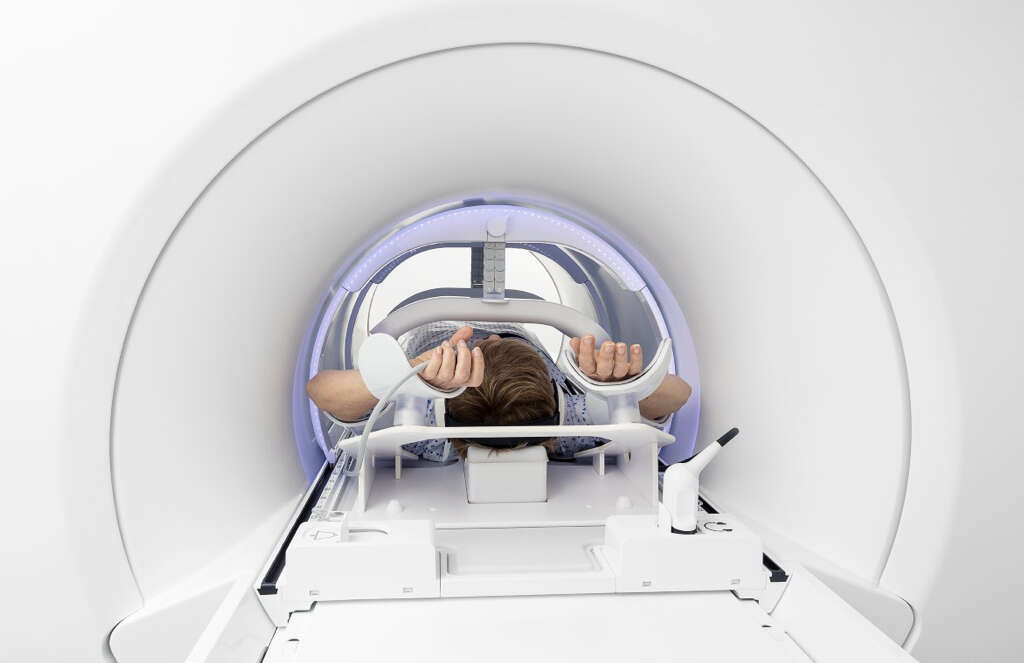
9. Health Conditions
In addition to the above factors, there are also things that can cause somebody to develop a dry throat, and this includes some health conditions. These include some autoimmune conditions, Alzheimer’s disease, and HIV/AIDs. People that have diabetes are also more likely to get a dry mouth, as are people who have had a stroke.
If you snore when sleeping with your mouth open, then the constant passing of air over your mouth parts can also lead to dryness. People that have oral thrush, which is a type of yeast infection, are also more likely to develop a dry mouth.
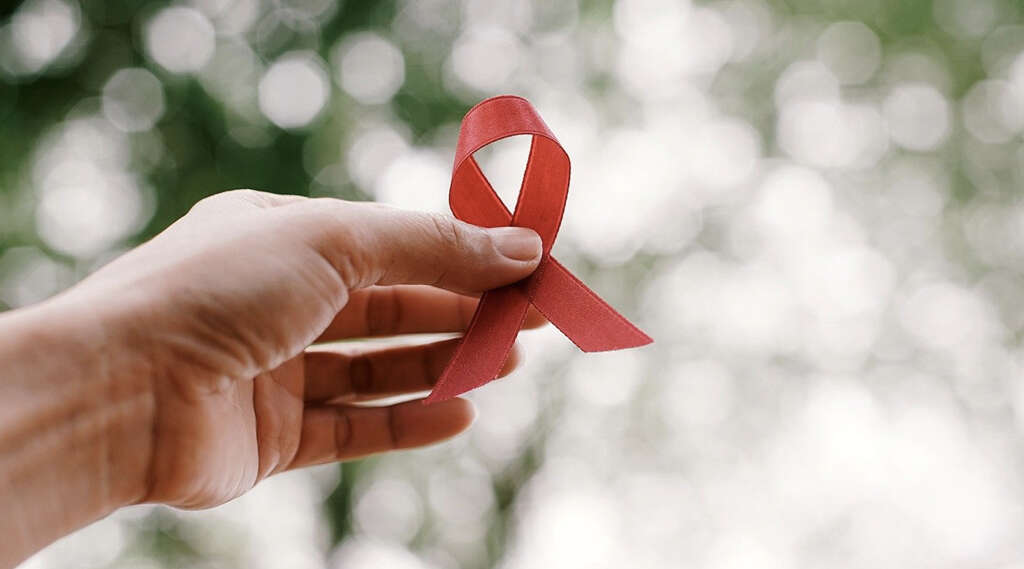
10. Treatment
The most obvious treatment of a dry mouth is to drink fluids. However, this is not always effective if there is a cause other than temporary dehydration. There are certain medications that can help to relieve the symptoms, even if only for a short period of time.
You might also need to take advice from your doctor on which medications you should continue to use, and which you should stop. In most cases, treating the symptom is only half the issue as the underlying cause will also need to be addressed. The treatment required for this will depend on what the specific cause is.




